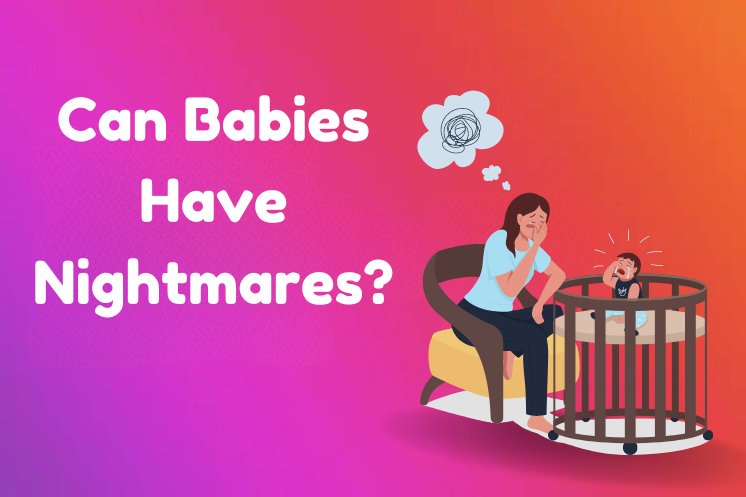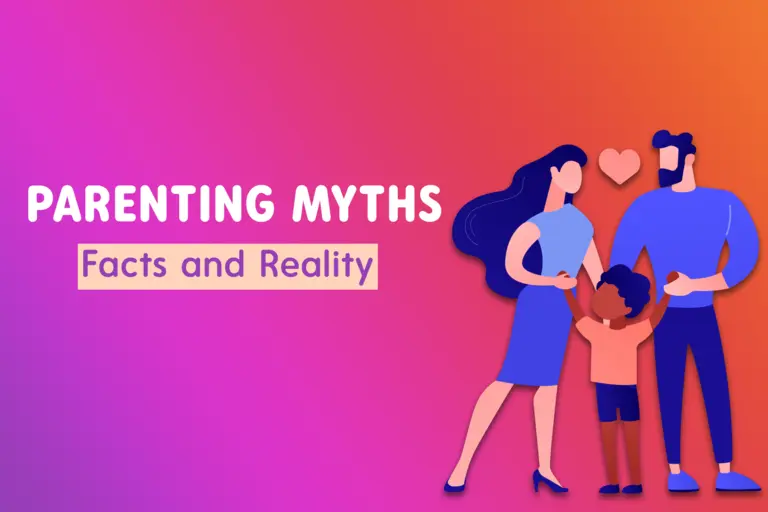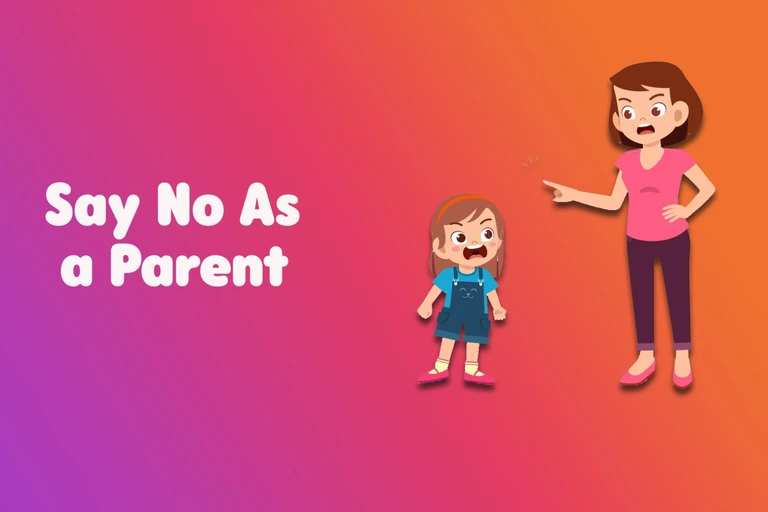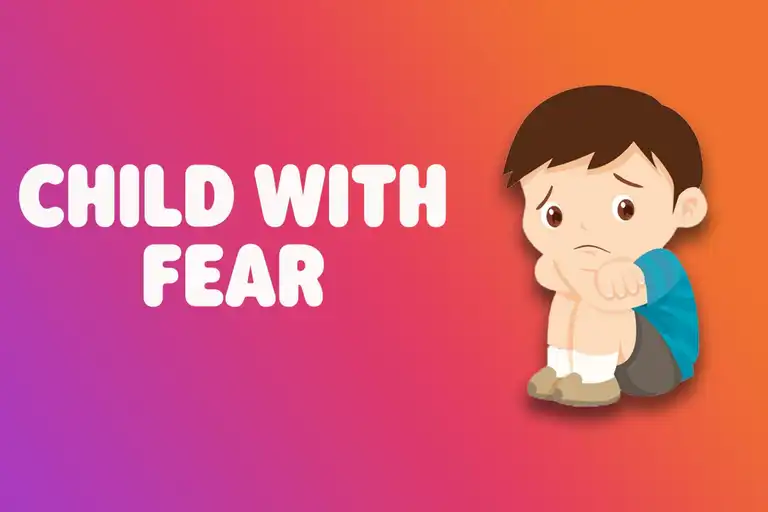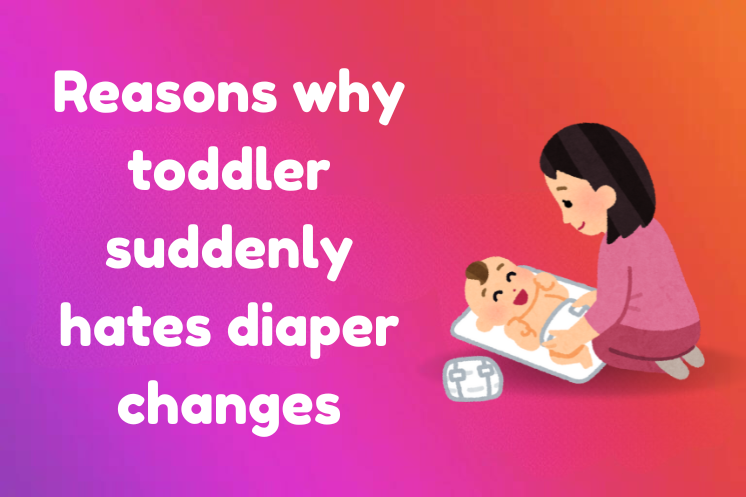Can Babies Have Nightmares? Tips for Safe and Peaceful Sleep
Can babies have nightmares? This is an inquiry that many guardians pose, particularly on the off chance that their kid is having a terrible dream. Bad dreams can be terrifying for the two kids and grown-ups, so it’s normal to maintain that they should do all that could be within reach to make them disappear.
No, children can’t have bad dreams. Nonetheless, from the time of around a year and a half, they can have nightfear, and from the period of around 2 years, babies can encounter bad dreams. When a baby under the age of 18 months cries in their sleep, it typically indicates that they are hungry, teething, or in need of a diaper change.
Night Terrors Vs Nightmares
There is a major contrast between night or rest dread and bad dreams in kids.
- Night dread, as a rule, occurs during the initial not many long periods of rest and is more normal in children or babies. They might cry, shout, or flail wildly in bed.
- Babies normally experience night fear for a more limited span than grown-ups or kids. Night fear normally keeps going for around 30 minutes to an hour in children. Notwithstanding, a few babies might encounter night fear for a more extended timeframe
- Infants don’t typically recall the occasion subsequently. Most children who experience night dread will outgrow these rest aggravations when they arrive at toddlerhood.
- Bad dreams, then again, can occur whenever during rest. They are more normal in young kids and, for the most part, include alarming dreams that the kid can review after waking.
- Bad dreams are frequently brought about by pressure or tension and can be a response to something that occurs during the day. Night dread, then again, appears to occur for not a really obvious explanation.
Most youngsters will grow out of bad dreams and night fear as they progress in years.
When Do Children Begin Having Bad dreams?
Because every child is unique, it’s quite challenging to pinpoint exactly when babies start having nightmares. In any case, most experts agree that bad dreams usually begin at the age of a year and a half. Before this age, babies generally do not have the mental maturity to understand concepts such as fear or danger.
So why do infants and little youngsters appear to be having bad dreams more frequently than adults? One speculation is that their developing brains are simply more prone to anxiety and fear. Alternatively, they may be learning how to dissect and file all the new information they receive each day.
If your child keeps having recurring nightmares, keep monitoring them in a journal. You can talk about each dream with your child and reassure them that they are just dreams and, therefore, quite normal. Monitor the number of hours they sleep.
How can I say whether my child is having a bad dream?
There are a couple of signs that might show that your child is having a bad dream. For instance, assuming your child awakens shouting or crying, this might be an indication that they are encountering a terrible dream.
Furthermore, in the event that your child appears to be terrified or restless subsequent to awakening, this may likewise be a sign that they had a bad dream.
Babies frequently screech around evening time, or make many commotions in rest and these are not something to be worried about. When a baby has sleep apnea, they rarely experience nightmares until they are older than two.
For what reason do youngsters have bad dreams?
Bad dreams are a sort of rest problem that can happen in kids. They are normally described as terrifying dreams that can make a youngster awaken feeling frightened or restless. Bad dreams can be brought about by different things, like pressure, tension, or injury.
Most bad dreams occur during the final part of the night when REM rest (quick eye development) is more pervasive. After hearing a scary story or watching a scary movie, children frequently experience nightmares. Bad dreams are by and large not hurtful, and most kids will grow out of them. Nonetheless, in the event that bad dreams are continuous and cause critical pain, it could merit conversing with a specialist or rest-trained professional. Treatment options may include medication or cognitive behavioral therapy.
What Is the Causes of Nightmares?
For most children, nightmares start occurring at some point in their lives. Although bad dreams are upsetting, they are rarely the cause of long-term problems. Nightmares tend to fade as the child matures, even though they occur frequently in young children.
Generally, 50 percent of children aged 3-6 years will have sporadic nightmares, some for only a few months, while others will have these for years. It has various theories as to what causes infant nightmares. Some researchers believe they are simply a normal part of growing up. Other scientists believe that they are an indication of deep psychological disorders.
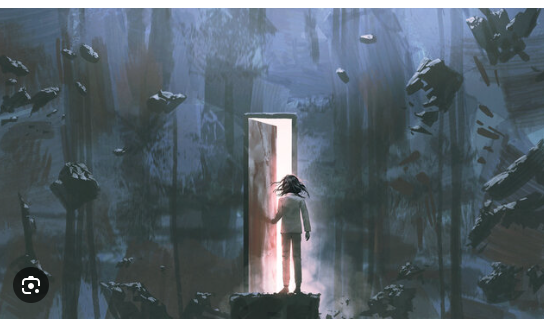
Common Causes
Overtiredness, sudden noises while asleep, a need to go to the bathroom or just feeling unwell, watching a scary movie, or something that made your child anxious are all common causes of occasional nightmares.
Traumatic Event
It is also believed that fear or psychological shock can trigger nightmares. Traumatic experiences, for instance, a recent loss of a family member or starting at a new school, cause nightmares in children. Medical Associations If you suspect that your child’s medicine is his nightmare, advise your doctor whether an alternative can be prescribed.
Stress
Nightmares can also be brought on by stressors in a child’s life, like being bullied or having a fight in the family. Even a natural disaster can make a child feel scared and make them do strange things.
Family Ancestry
Bad dreams will generally run in families so in the event that there is family ancestry with close relatives experiencing evening time fears, then your kid may be more inclined to them. Numerous kids go through the day retaining everything around them, frequently they can’t handle this, so they are much of the time handled in their universe of pretend, which works out as expected during the rem phase of rest.
Instructions to Assist Children With Bad Dreams
Assuming your child has nightmares, here are a few things that you can do to support them.
You can tell your child to discuss their nightmares if they are of age. This might make them process and understand their causes.
You can also try to help them understand that it is not real, do not alibi your kid’s concerns or their evening fears.
Keep a soothing bedtime routine for your child. He will feel secure and less likely to have nightmares in case he sticks with his routine.
Do not let your child watch horror movies or shows before his or her time to bed.
Tell your child to keep a dream diary so that he can keep track of his dreams.
Ensure your child is getting enough sleep. The sleeping institution recommends that smaller children need between 11-14 hours of sleep daily.
If your child is having difficulty managing, you might want to get them a night light. Realize that children are prone to vivid imagination, so a light can be helpful when letting them know the three-headed monsters are not hiding in the darked corner!
At the point when your child wakes from a bad dream, you should encourage him to fall back asleep in his own bed. An important part of “sleep medicine” for sleep disorders is to help your child settle, calm, and sleep in their own room.
It is very important to take your child to a doctor or mental health professional if they are experiencing nightmarish dreams, most especially if frequent and severe. They will be able to help you realize any basic concerns you may have, and work together with a plan to work through them.
Actually, given the assumption that pressure or injury forms the basic reason, you try to reduce pressure in their life. It could mean changing things such as improving on their schedule or finding ways to help them if they are dealing with a problem.


Must Read ”why toddler suddenly hates diaper changes”
The Conclusion of Can Babies Have Nightmares?
Youthful infants, under the age of a year and a half, can’t have bad dreams. They might encounter night fear, however this is typically nothing to stress over.
Remember that most toddlers have occasional nightmares that don’t always have a reason when they reach the age of two. However, if your child experiences frequent or severe nightmares, it may be worthwhile to investigate the cause.
The Primary Concern on Can Babies Have Nightmares?
Youthful children, under the age of a year and a half, can’t have bad dreams. They might encounter night dread, however this is normally nothing to stress over.
At the point when they arrive at age two, it’s memorable’s critical that most babies have periodic bad dreams, and there isn’t generally a justification for them. Nonetheless, assuming that your baby is having incessant bad dreams or serious bad dreams, it merits attempting to sort out the thing that may be causing them.

